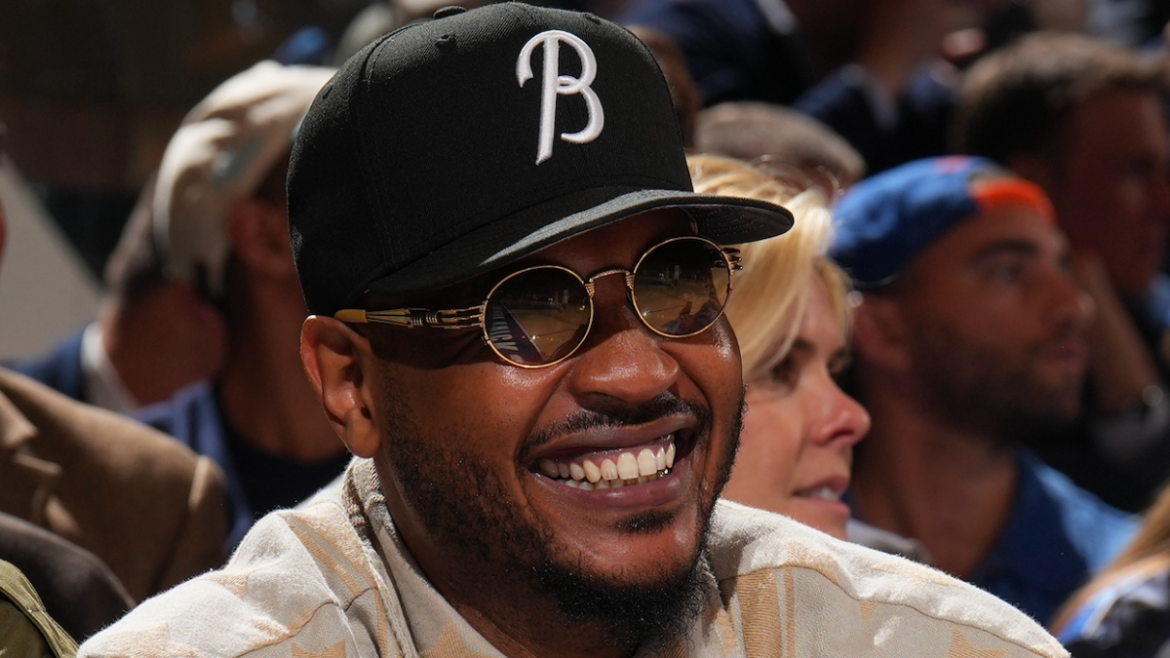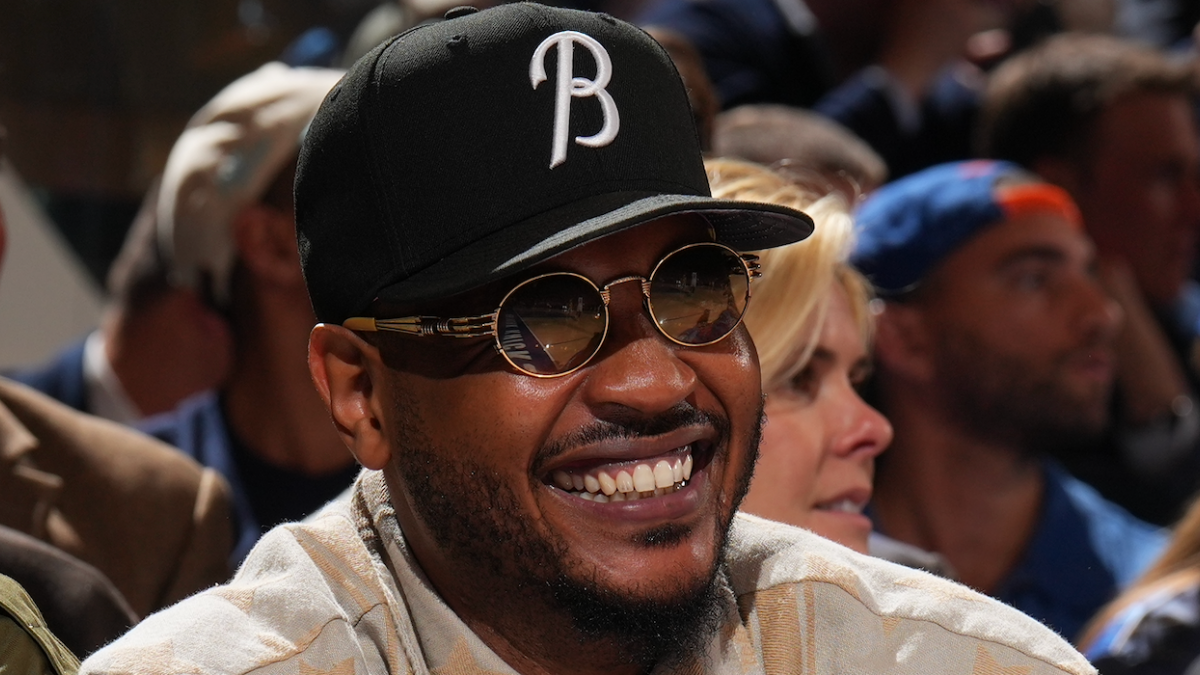Analyzing Carmelo Anthony’s Candid Assessment of Cooper Flagg and the 2025 NBA Draft Prospects
Introduction
The 2025 NBA Draft is poised to be a major event in basketball, spotlighting Duke University’s Cooper Flagg as the consensus top pick, likely to be selected first overall by the Dallas Mavericks. Given the intense scrutiny and hype surrounding Flagg, insights from NBA veterans add a significant layer of perspective. Carmelo Anthony, a prolific NBA All-Star with a storied career, has recently shared his nuanced and compelling views on Flagg’s game, ability, and potential. His commentary integrates admiration, critique, and thought-provoking caution, providing a rich subject for analysis regarding how a rising star’s ceiling is perceived by those who have walked the professional path.
Carmelo Anthony’s Take on Cooper Flagg: More Than Meets the Eye
Melo’s comments on Cooper Flagg reveal a layered evaluation rather than a simplistic endorsement or dismissal. While Flagg is widely predicted to be a future star and is characterized as an electrifying talent, Anthony notably remarked, “To me, he doesn’t do anything great.” At first glance, this statement appears contradictory to the hype, prompting deeper examination.
What Carmelo Means by “Doesn’t Do Anything Great”
Anthony’s phrase suggests that Flagg’s game is impressive because of consistent, solid contributions across multiple areas rather than a single defining or dominant skill—no signature “go-to” move or overpowering specialty sets him apart yet. Melo acknowledges Flagg’s broad skill set and potential but questions whether Flagg currently possesses a standout attribute that can make him unstoppable at the NBA level. This critical perspective emphasizes that versatility and competency don’t always translate immediately to star status without a high-impact, reliable weapon.
The Backhanded Compliment: A Candid Professional Lens
Despite reservations, Anthony’s overall tone includes admiration, as he calls Flagg “very good” and appreciates the hard work and game IQ displayed by the young prospect. This duality—a backhanded compliment—reflects a seasoned professional’s discernment, reminding fans and analysts that potential and actualized greatness don’t always align right away.
Implications for Flagg’s NBA Transition and Development
Melo’s commentary underlines the importance of development, time, and opportunity. His historical context—as a player who transitioned from college stardom to NBA success—underscores that raw talent requires refinement and a signature skill or role to reach true excellence. The conclusion Carmelo seems to advocate is patience: Flagg should be given space to evolve, develop a “go-to” skill, and gain confidence competing against elite professionals.
The Challenge of Meeting Expectations
Flagg, as a “generational” prospect, is under immense pressure to justify his No. 1 pick status immediately. Anthony’s insights serve as a caution that hype and projections must be balanced with realistic developmental timelines. For the Mavericks and other stakeholders, understanding this will help set expectations for the player’s rookie season and longer-term path.
Broader Context: 2025 Draft Landscape and Draft Class Dynamics
Beyond Flagg, the 2025 draft class has generated significant discourse, with other standouts like Rutgers’ Airious “Ace” Bailey projected to go high in the draft and bring unique talents to the league. Carmelo’s commentary on Flagg implicitly invites comparisons: players who have an immediate impact versus those requiring incremental growth.
The Role of Experience and Mentorship
With a highly touted rookie class, the presence of veteran voices like Carmelo is invaluable. Their perspectives highlight factors beyond raw stats—mental makeup, leadership, basketball instincts—that often separate good NBA players from great ones.
Reflection on Melo’s Bold Racial Comment
One of Melo’s remarks drew attention for stating that Flagg represents a rare “white boy” in the sport with such talent, framed bluntly and with explicit language. This comment, while controversial, reflects an acknowledgment of racial dynamics within basketball and Flagg’s standout status in that context. It adds a cultural dimension to the discussion of Flagg’s identity and perception.
Conclusion: The Patience for Greatness
Carmelo Anthony’s nuanced assessment of Cooper Flagg serves as a valuable tempered perspective in the frenzy of pre-draft hype. While Flagg is undoubtedly a highly skilled and promising young player, Melo’s observation that “he doesn’t do anything great” acts as a reminder that superstar status requires more than just broad competence—it demands a distinct, dominant skill combined with growth, opportunity, and resilience.
For basketball fans, analysts, and the Mavericks franchise, this means embracing a developmental mindset and managing expectations for Flagg’s NBA career trajectory. Carmelo’s insight encourages patience and realism: greatness in the NBA is forged over time, and every iconic star once had moments where their game was not yet fully defined or dominant. Flagg’s journey, framed by Melo’s candid observations, remains one to watch with excitement tempered by thoughtful anticipation.





